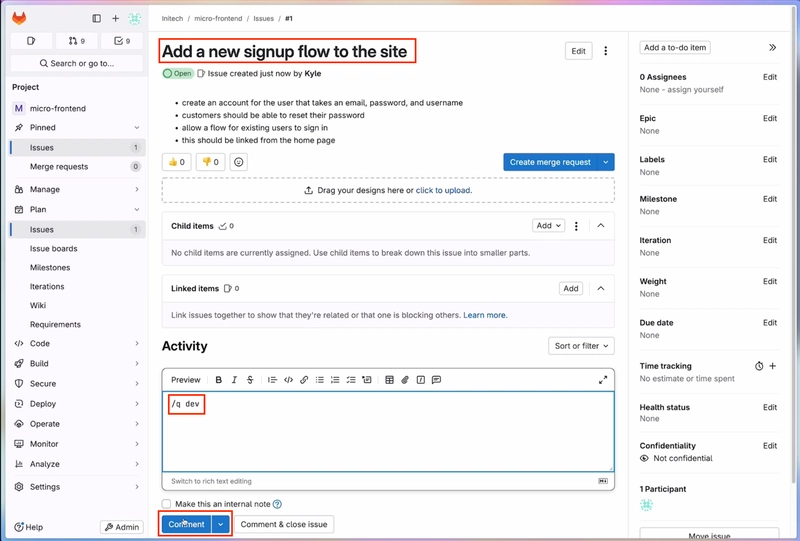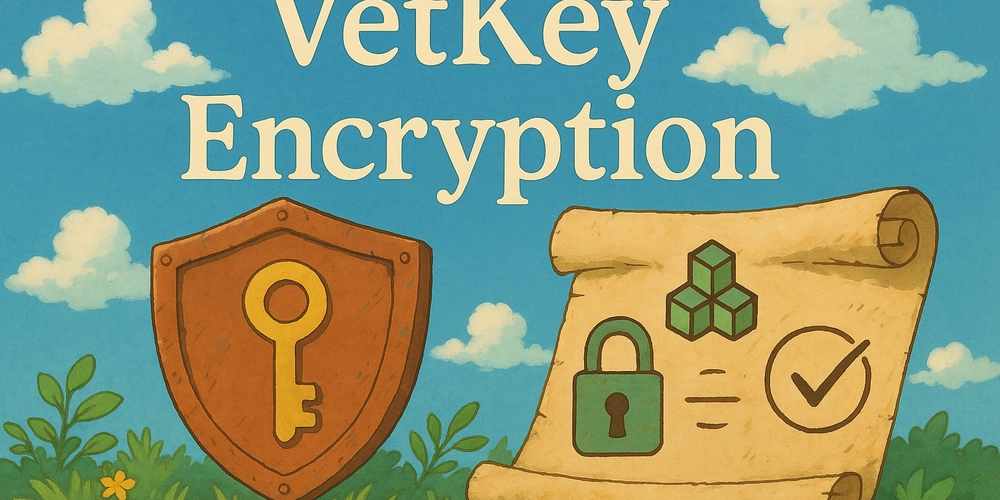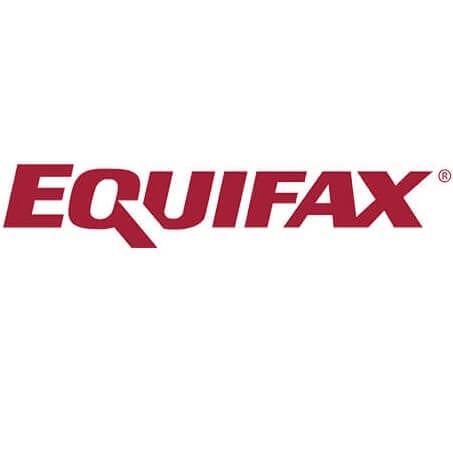Why do Canadians keep falling for scams?
Fraudsters are getting ever more sophisticated at creating identity theft scams in Canada. No one is immune, but there are ways to protect yourself. The post Why do Canadians keep falling for scams? appeared first on MoneySense.

Many Canadians have learned common telltale signs of phishing emails and fraudulent websites, such as poor spelling, fuzzy logos and sketchy-looking URLs. That knowledge is key, but it’s no longer enough to avoid becoming a victim. Scams are always evolving, becoming more sophisticated and more convincing. And, with new technology tools like artificial intelligence (AI) at their fingertips, fraudsters are refining their tactics to better trick people, as well as casting a wider net to lure more victims.
That’s why no one in Canada is immune to scams—they’re becoming harder to detect and harder to avoid. However, you can protect yourself with updated knowledge and some tech tools of your own—including a credit monitoring service that keeps watch on your behalf. Let’s look at the impact of ID theft in Canada and what you can do to safeguard your identity and your finances.
How scams can affect your finances
If your personal information, such as banking details or your social insurance number (SIN), is stolen, there can be short-term and long-term consequences.
For example, fraudsters could try to open a credit card or a line of credit in your name, which can hurt your credit score. A bad score can take a long time to build back up, and that can affect your ability to apply for new credit cards, mortgages and car loans. Depending on what information they’ve stolen, scammers can sometimes take money out of your bank account, make purchases or even apply for government benefits in your name. The stress of trying to fix everything yourself can take a toll, and it can take years to recover from identity fraud.
The latest scams in Canada
Fraudsters are clever, and they’re constantly thinking up new ways to scam Canadians. They also exploit seasonal opportunities, like tax time, to fool people. Some recent scams to watch for:
- Text messages about different benefits administered by the Canada Revenue Agency (CRA), like the Working Canadians Rebate or the GST/HST credit, requesting you to reply and follow instructions to deposit the money. The CRA never sends text messages concerning benefits, credits, rebates, tax refunds or payments.
- Phishing emails stating you received a tax document to review, with a link to a webpage that requires filling in personal information. The CRA doesn’t send notification emails with a button or link asking you to provide personal information. It will only ever email you to ask you to log into your CRA My Account to review a document.
- Aggressive phone calls from people claiming to work at the CRA, demanding payment for “taxes owed,” often in the form of bitcoin or gift cards. Hang up!
Many scams follow the same general script, whether by text, email or phone call: They pretend to be from an official institution. They try to pressure you into revealing your personal information, usually by clicking a link and filling out information, or they demand you immediately pay them with an unusual method, like cryptocurrency or gift cards.
Bottom line: If something feels off, in any way, then it probably is. Be skeptical of all communication and don’t engage with suspicious senders. Instead, connect with organizations directly by using their official contact information on their websites.
How to report a scam in Canada
Telltale signs of being a target of fraud can include unauthorized transactions on your credit card and/or in your bank account, statements from accounts you didn’t open, an unexpected credit inquiry or dropping credit score, or the CRA rejecting your tax return, saying that it’s already been filed.
If you think you may be the victim of identity theft or a scam, then you should immediately report it to the relevant authorities and organizations:
- Report the crime to your local police station and file a report.
- Contact Canada’s credit bureaus, including Equifax, so they can put a fraud alert on your account.
- Inform your financial institutions, including your bank(s) and credit card provider(s).
- Contact the Canadian Anti-Fraud Centre so it can accurately keep statistics.
- If you’ve been a victim of any sort of tax fraud, then contact the CRA as well.
Equifax Complete Protection
Equifax Complete Protection is a credit and cybersecurity protection service designed to help Canadians spot the signs of identity fraud faster.
- Provides daily credit monitoring and alerts
- Scans for your personal data on the dark web
- Social media monitoring by industry leader ZeroFox
Subscription price: $34.95 per month
How Equifax Complete Protection provides a line of defence
A credit monitoring service such as Equifax CompleteTM Protection can help you stay on top of any potential impact from ID theft, including things you can’t see. Here are some of its many features:
- Credit alerts: You’ll get alerted to key changes to your Equifax credit report, like a new credit card opened in your name, to help you spot fraud faster.
- WebScan: This feature searches the dark web—a hidden part of the internet—for the personal information that you provide, in case scammers try to sell it to other criminals, which is a sadly common occurrence.
- Social Media Monitoring: This tool from cybersecurity specialist ZeroFox will scan your selected social media accounts for malicious content, account impersonation, scams and inappropriate content, as well as alert you to suspicious activity.
- Device protection: This tool from Bitdefender, a cybersecurity company, helps to stop phishing attempts and protect up to three of your devices from viruses and malware.
- Identity restoration: If you are a victim of ID fraud, a dedicated Identity Restoration Specialist will work on your behalf to mitigate the impact.
- Identity theft insurance: Restoring your identity can involve many out-of-pocket expenses. This insurance provides coverage up to $1 million. (Not available in Quebec.)
Equifax Complete Protection gives you a way to deal with the fallout of ID theft and ID fraud. These tools can help you feel more confident in protecting your credit and identity.
Protect yourself from scams in the long term
While no one is immune to becoming a victim of identity theft, you can be pro-active and fight back with high-tech tools. By signing up for Equifax Complete Protection at $34.95 a month, you will have access to a suite of advanced tools to help you both recover and protect yourself from being a future target.
This article is sponsored.
This is a paid post that is informative but also may feature a client’s product or service. These posts are written, edited and produced by MoneySense with assigned freelancers.
Get free MoneySense financial tips, news & advice in your inbox.
Read more about fraud and scams:
- Your ID was stolen, here’s what to expect
- 7 ways to protect yourself from ID theft
- How to protect your devices against identity theft
- Canadian seniors, watch out for these scams
The post Why do Canadians keep falling for scams? appeared first on MoneySense.










































































